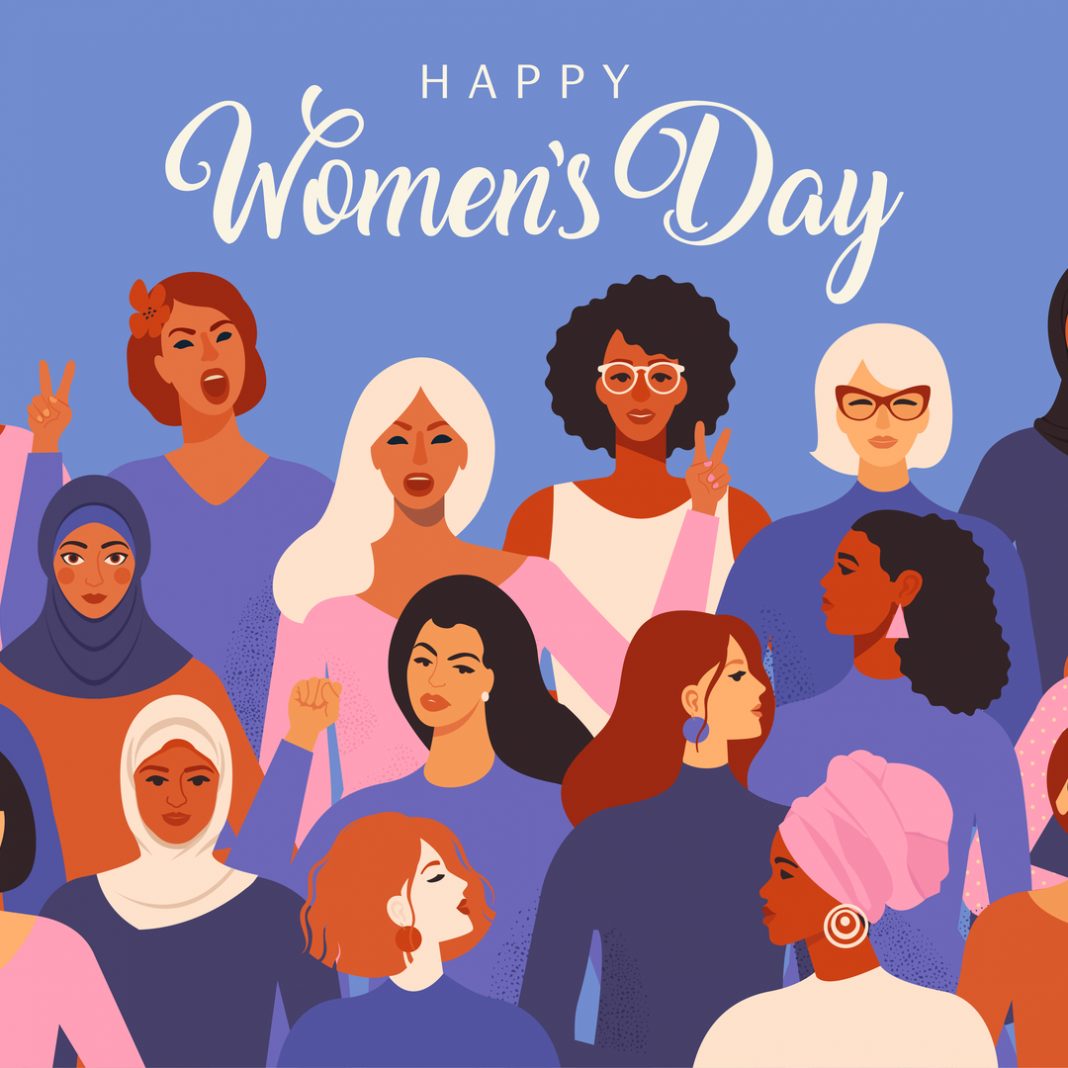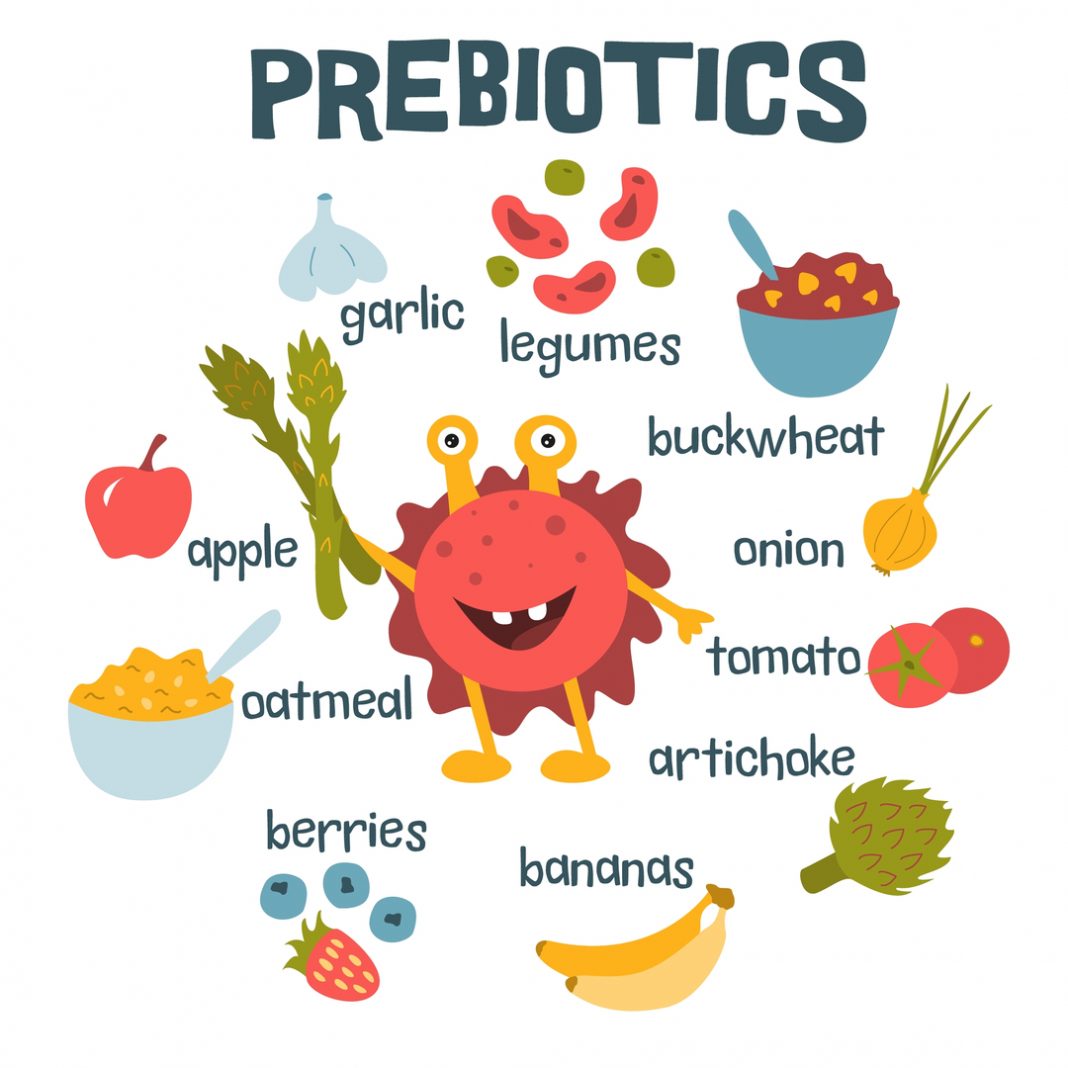Let’s start with a cheerful thought since it is Women’s Day.
Women live longer than men! It is well established across almost all geographical locations and socioeconomic setups that women live longer than men. Globally women can expect to live 4-5 years longer than men. According to some studies, life expectancy for men was likely to be 76 years, while life expectancy for women reached 81 years. The lifespan of older adult women has definitely increased.
But living longer does not mean women are healthier or endowed with better constitution. Older women are as vulnerable to various illnesses and health setbacks as men. Senior population of both genders get affected by, and often succumb to, complications of the heart diseases, respiratory illnesses, and various types of cancers or become victims weakening bones or declining cognitive abilities.
Thus, it is important for women especially over the age of 60 to watch out some major, crippling, often threatening health concerns.
– Osteoporosis
Osteoporosis features among the topmost and most widespread illnesses affecting older women. Nearly 70% of all osteoporosis cases are reported in women. Especially older women who are past menopause, are at highest risk because of depleted estrogen level. Osteoporosis causes bones to become weak and brittle. At an early stage of the illness, women may experience difficulty in performing their daily routine chores of bending, walking, sitting, turning and lifting. At a later stage, due to softening of bones, their posture can get affected, resulting in deformity. Or it may lead to damaging the bone in the upper spine causing back pain, loss in height and a stooped and a hunched posture. The bones become so brittle that a fall or sometimes even coughing can cause a fracture. Bone fractures, particularly in the spine and hip, are the most serious complications of osteoporosis. Women are often victims of fractures and fatality.
– Cancers
Breast cancer is the most common form of cancer, and it is the leading cause of death among women. The number of breast cancer cases is predicted to increase significantly in the coming years, especially among older women. According to the Indian statistics, the incidence of breast cancer in India is estimated to be around 1,50,000 new cases annually. Studies have shown that 30% of women diagnosed with cancer are above the age of 70 years. With increasing life expectancy, the number of elderly women diagnosed with breast cancer in likely to increase.
The other types of cancers specific to women are cancers of reproductive organs or gynaecologic cancer. Gynaecologic cancers can occur in the uterine, vulvar, vagina, cervix, fallopian tubes and ovaries. Among the cancers of the reproductive organs, cervical, endometrial, and ovarian cancers are relatively common and cause cancer morbidity and mortality among senior women. Ovarian cancer has emerged as one of the most common malignancies. The risk of endometrial cancer, (the inner lining of the uterus) increases as a woman gets older and most often occurs in post-menopausal women.
– Cardiovascular Diseases (CVD)
Diseases related to the heart are considered to be single biggest killer of women globally. The risk of heart disease is often underestimated or ignored in women, as conventionally, a heart disease is thought to be a man’s disease. But the last several decades has seen a steady rise in incidences of heart attack among senior women. Low levels of estrogen after menopause and comorbidities increase the increase the chances of death from cardiovascular disease in women over age 65. Women with estrogen deficiency have manifold increase in coronary artery risk. Estrogen promotes good cholesterol, dilates blood vessels, regulates lipids. In 2019, there were approximately 275 million women around the world with CVD. Heart disease is considered second to cancer.
– Depression
The prevalence of depression and anxiety appears to be substantially higher in women than men. While depression may be considered a common problem among older women, it is gradually emerging as a serious health challenge. Hormonal fluctuations are believed to exacerbate feelings of despondency and desolation and can intensify emotional issues like irritability, anger, annoyance. A large number of women can experience erratic hormonal behaviour not only during menopause but well into their 60s and 70s. Women with depression can also suffer sleep disturbances, changes in appetite, mood swings, panic attacks, lack of energy, all of which can lead to premature and early death. It is estimated that women with depression have four times higher death rate than those without depression. The prevalence of late life depression in the elderly was estimated to be near 10-15%.
– Diabetes & Urinary Tract Infection (UTI)
Diabetes has become one of the biggest health concerns of India today. Although diabetes is more common in males than females, however, women develop more serious complications and are more prone to death. With high prevalence of diabetes among senior citizens, it is important to manage diabetes because it can cause serious health complications. It increases the risk of heart disease, stroke, it can damage many nerves, and lead to blindness. It can also increase chances of cancer and Alzheimer’s disease.
Women with diabetes have a higher risk of getting urinary tract infection (UTI). Urinary tract infections, which occurs in almost 20% of women over age 65, are among the most common type of bacterial infections in women, accounting for nearly 25% of all infections. Besides mild symptoms like fever, chills, pain or pressure in the lower back or abdomen, it can result in permanent kidney damage or sepsis, a potentially life threatening complication.
Age well.
But there are always ways to age well and feel great. A healthy lifestyle could reduce the risk of diseases and death. Stay physically and socially active. Follow a healthy, wholesome diet. Take your medicines as directed by the doctor. And enjoy long life!




